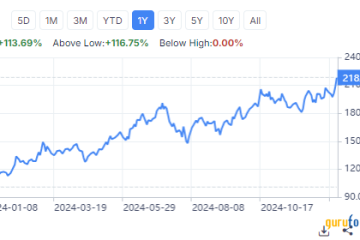The Role of Super PACs in U.S. Elections

Introduction: What are Super PACs?
Super PACs, or “independent expenditure-only committees,” have transformed the landscape of political campaigning in the United States since the landmark Supreme Court decision in Citizens United v. FEC in 2010. Allowing these organizations to raise and spend unlimited amounts of money has led to concerns about the influence of money in politics and the potential for corruption. Understanding the significance of Super PACs is crucial for voters and stakeholders in the democratic process.
How Super PACs Operate
Super PACs operate independently from campaign candidates, allowing them to endorse candidates without officially coordinating with their campaigns. This independence enables them to conduct aggressive advertising campaigns, engage in voter outreach, and fundraise without traditional limitations applied to political action committees (PACs). As of the close of the 2022 election cycle, Super PACs collectively raised over $1 billion, a figure that magnifies their impact on election outcomes.
Recent Developments and Trends
In the 2024 election cycle, Super PACs are taking center stage once again. Prominent groups such as “Priorities USA” and “Club for Growth” are gearing up to spend heavily in key battleground states. While Democratic Super PACs focus on issues like healthcare and climate change, their Republican counterparts are targeting economic policies and immigration reform. This contrasting approach reflects the polarized political climate, further highlighting the role of these organizations in swaying public opinion.
Recent campaigns have showcased the effectiveness of Super PACs in shaping narratives. For instance, during the primaries, significant airtime has been allocated to advertisements that criticize opponent candidates, enhancing name recognition and shaping voter perceptions. These tactics affirm the belief among political strategists that the success of a campaign can often hinge on how well-funded its Super PACs are.
Conclusion: Implications and Outlook
The growing prominence of Super PACs raises important questions regarding campaign finance reform and voter access to information. Critics argue that the predominance of money in politics threatens to overshadow the voices of individual voters, leading to a call for greater transparency. As we move closer to the 2024 elections, it will be important for voters to remain informed about the activities and financial backers of Super PACs, as these could significantly impact electoral outcomes. The evolving nature of these committees suggests that their influence will only continue to grow, necessitating careful scrutiny and engagement from the electorate.









